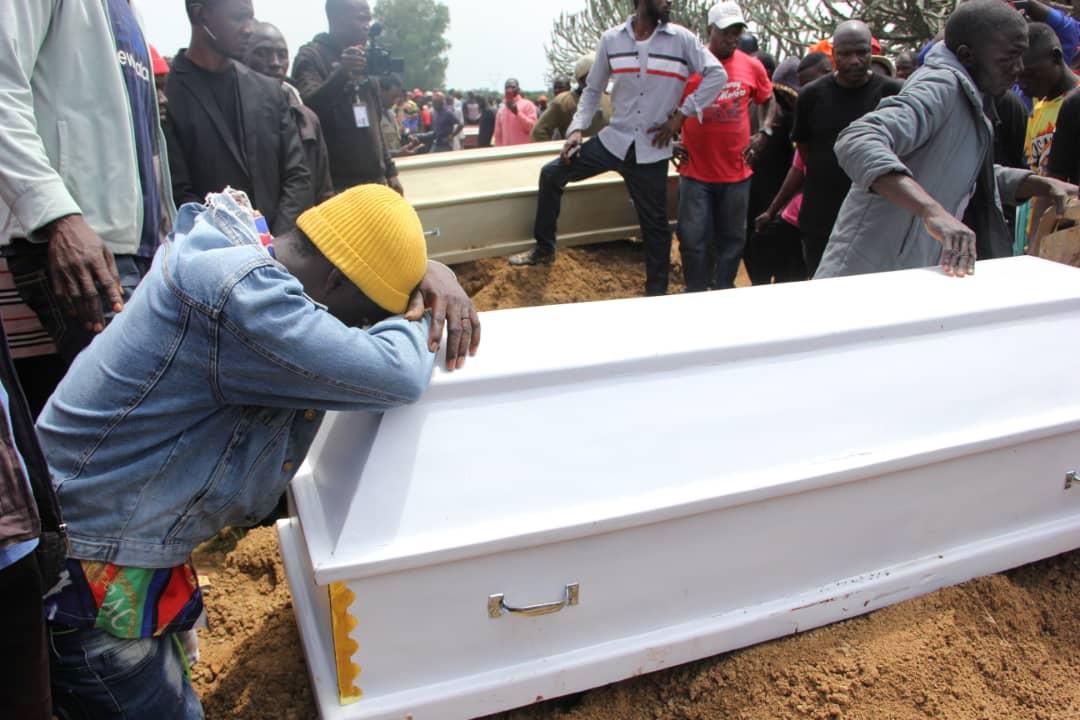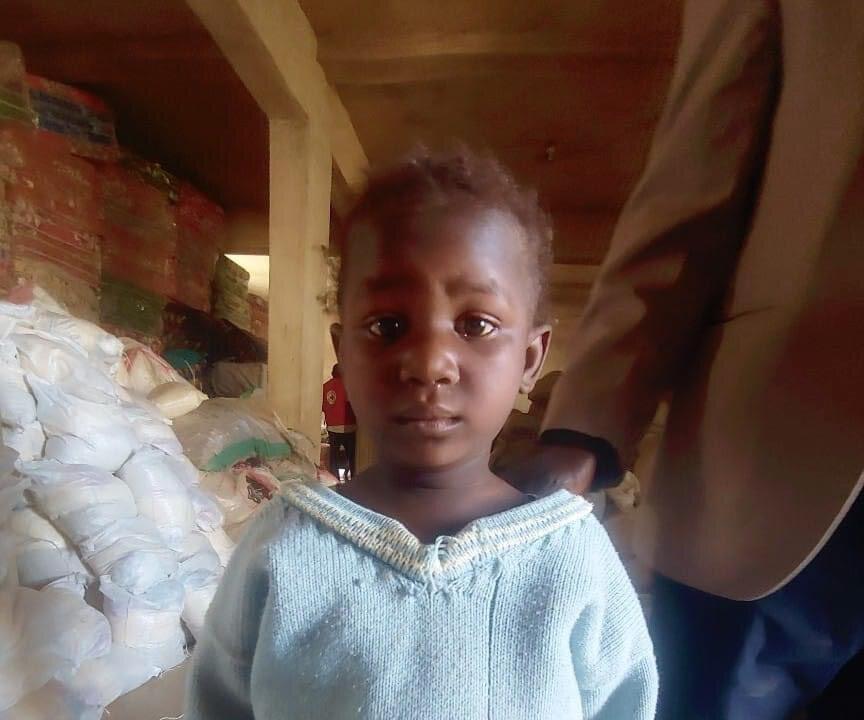The years-long clamor by Nigerian citizens for the right to bear arms has begun to sound like a roar.
“If the Government cannot protect us, we will use any means to protect ourselves,” Rev. Polycarp Lubo said at a mass funeral in Yelwan Zangam for victims of terrorist attacks by gunmen.





